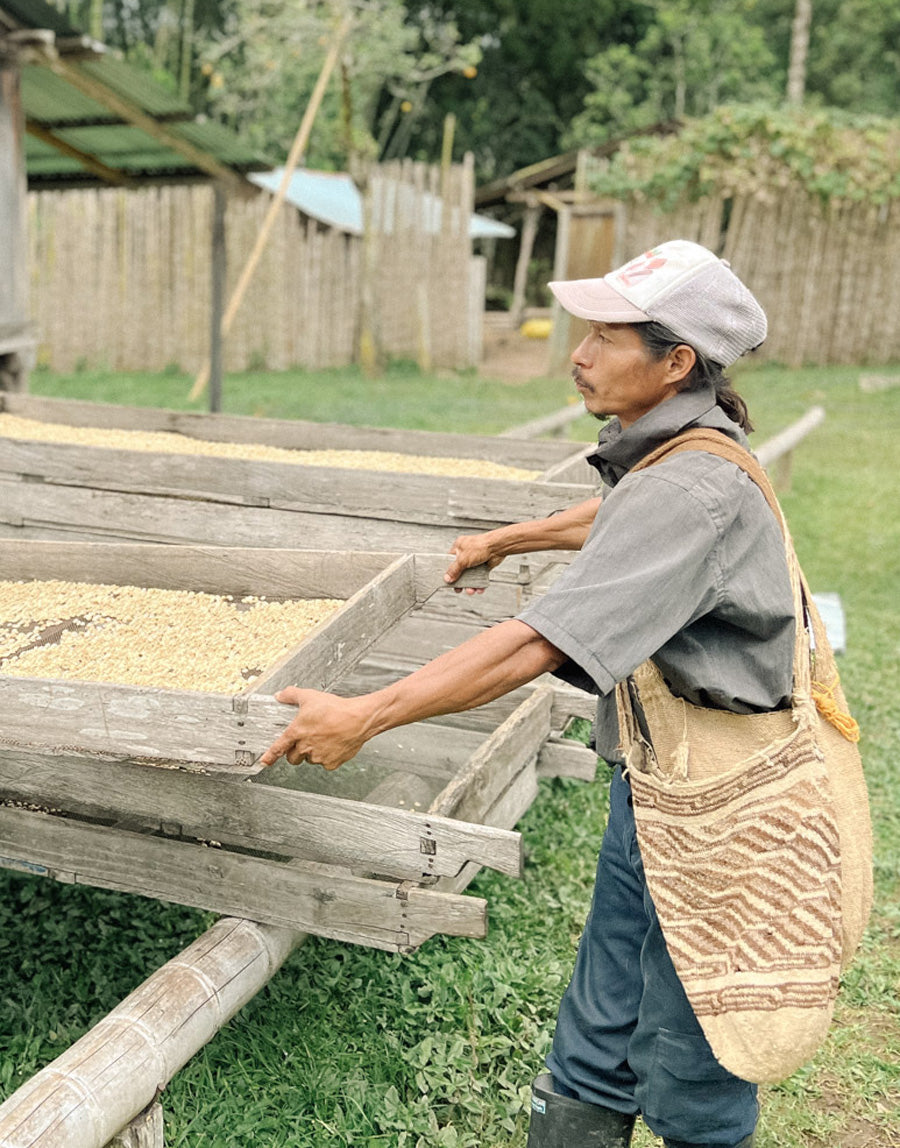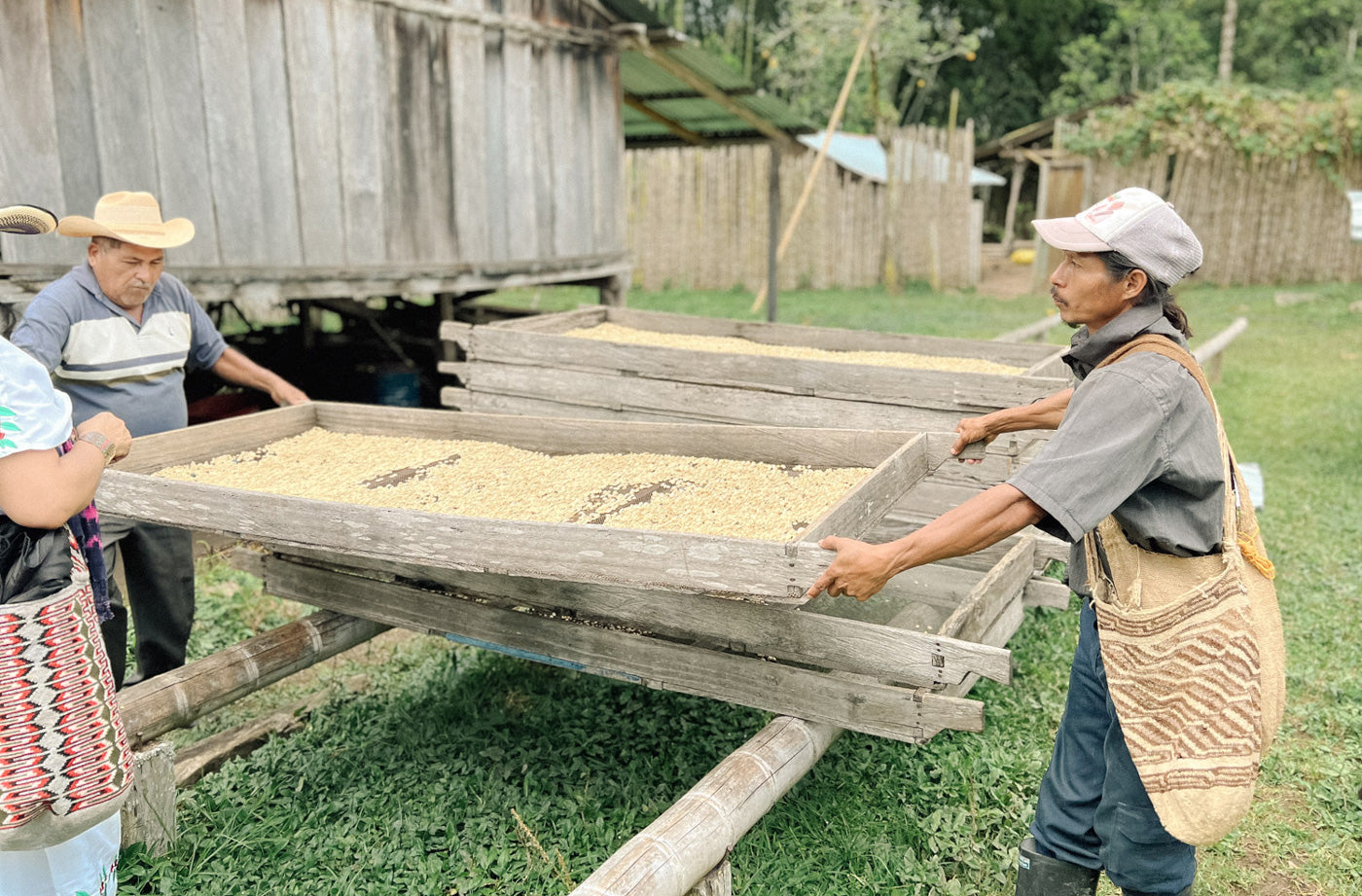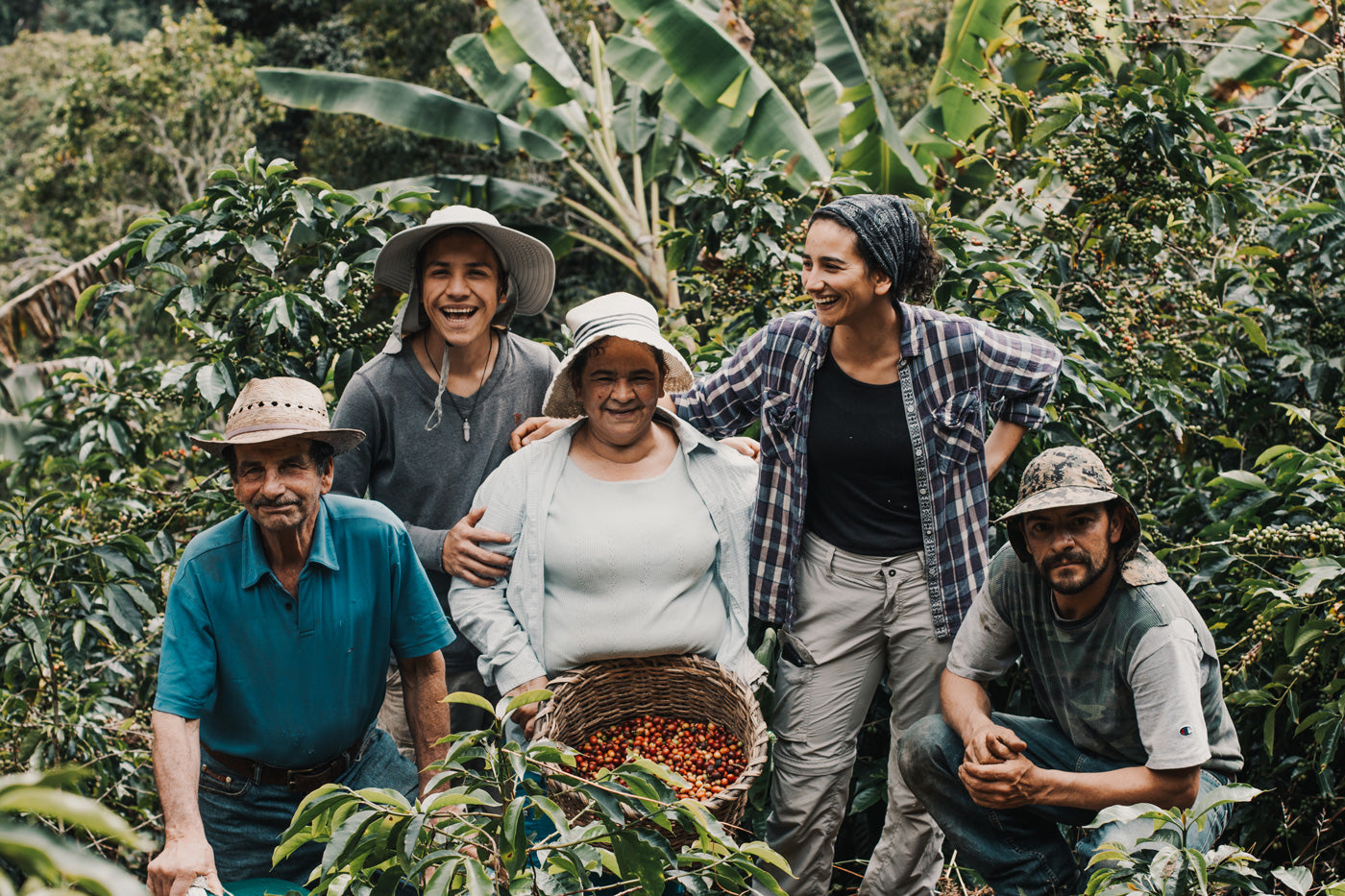Before the coffee finds its way into your cup, it obviously has to go through a few more steps. A particularly important step, both for the farmer or cooperative and for the roaster, is the trading step. This is where it becomes clear what wages the farmer receives for his work. But trading is not just the "simple" purchase of green coffee. There is usually a philosophy behind trading. In the following sections, we will show you how coffee is and can be traded.
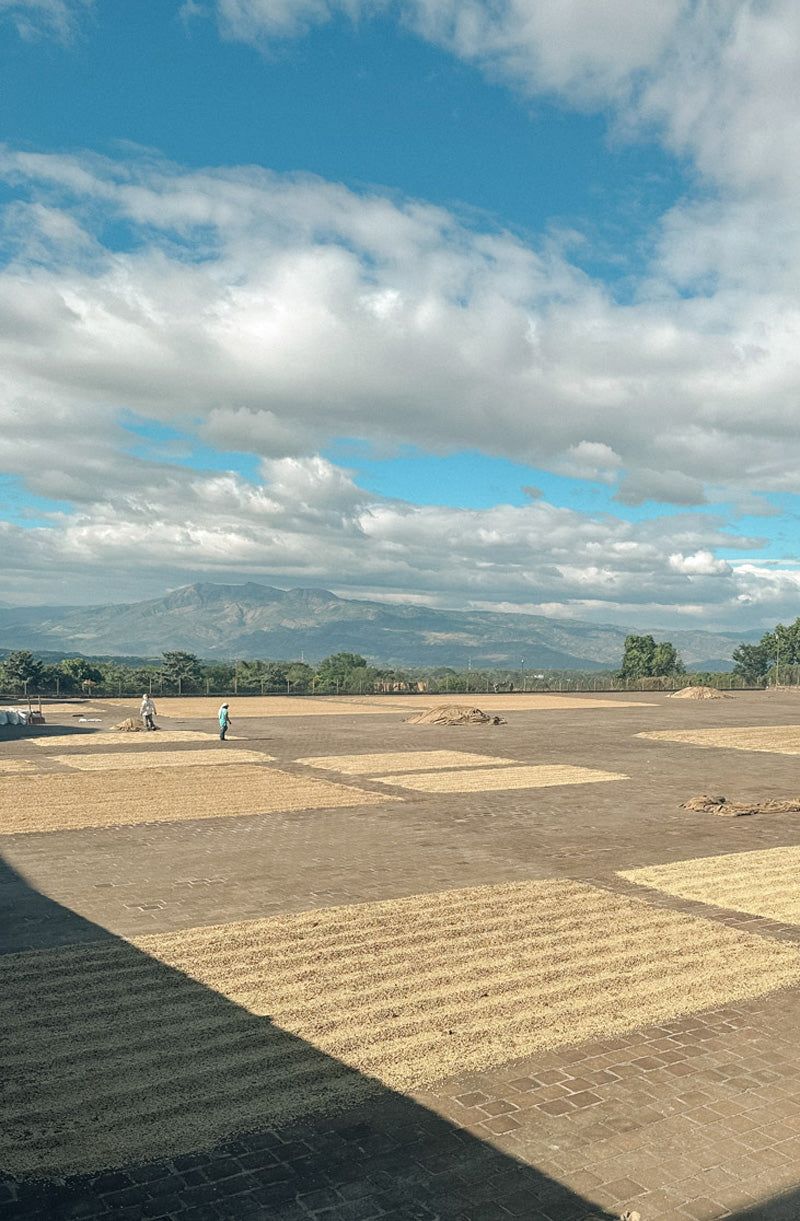
This is how coffee is often traded
Coffee has been the Germans' favorite drink since industrialization. But it was only during the third coffee wave that people became more interested in knowing exactly where the coffee came from.
Unfortunately, to this day it is still very important to many people that the coffee is cheap. This cheap coffee is usually traded on the stock exchange. It is coffee that has been stored as a "speculative object" and has been mixed together from lots of different varieties. Traceability is no longer possible. The beans are then usually bought in large quantities and roasted very dark in large barrel roasters at temperatures between 600 and 800 degrees. Unfortunately, when coffee is traded on the stock exchange, only a very small portion usually reaches the farmers.
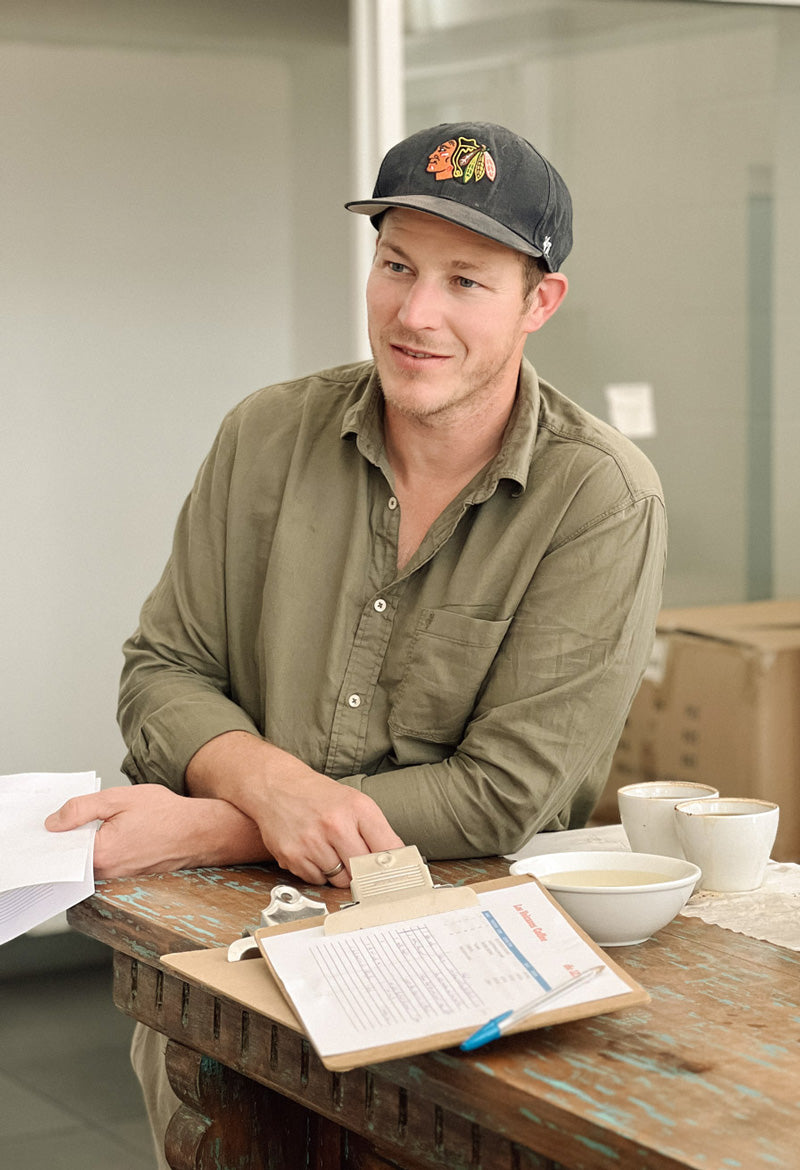
Direct trade - a new way
We at the Wildkaffee roastery rely entirely on direct trade. This means that we buy our green coffee directly from the farmers. Direct trade involves direct contact with the farmers. This means that we are always informed about new trends in cultivation and processing and also know how the harvest periods are developing. We can also express individual wishes when choosing the coffee. So that we know exactly what conditions prevail on the farms, we travel directly to the fincas at regular intervals and get an idea of the region. We particularly like to get our hands dirty on site so that we know exactly what work goes into our coffee.
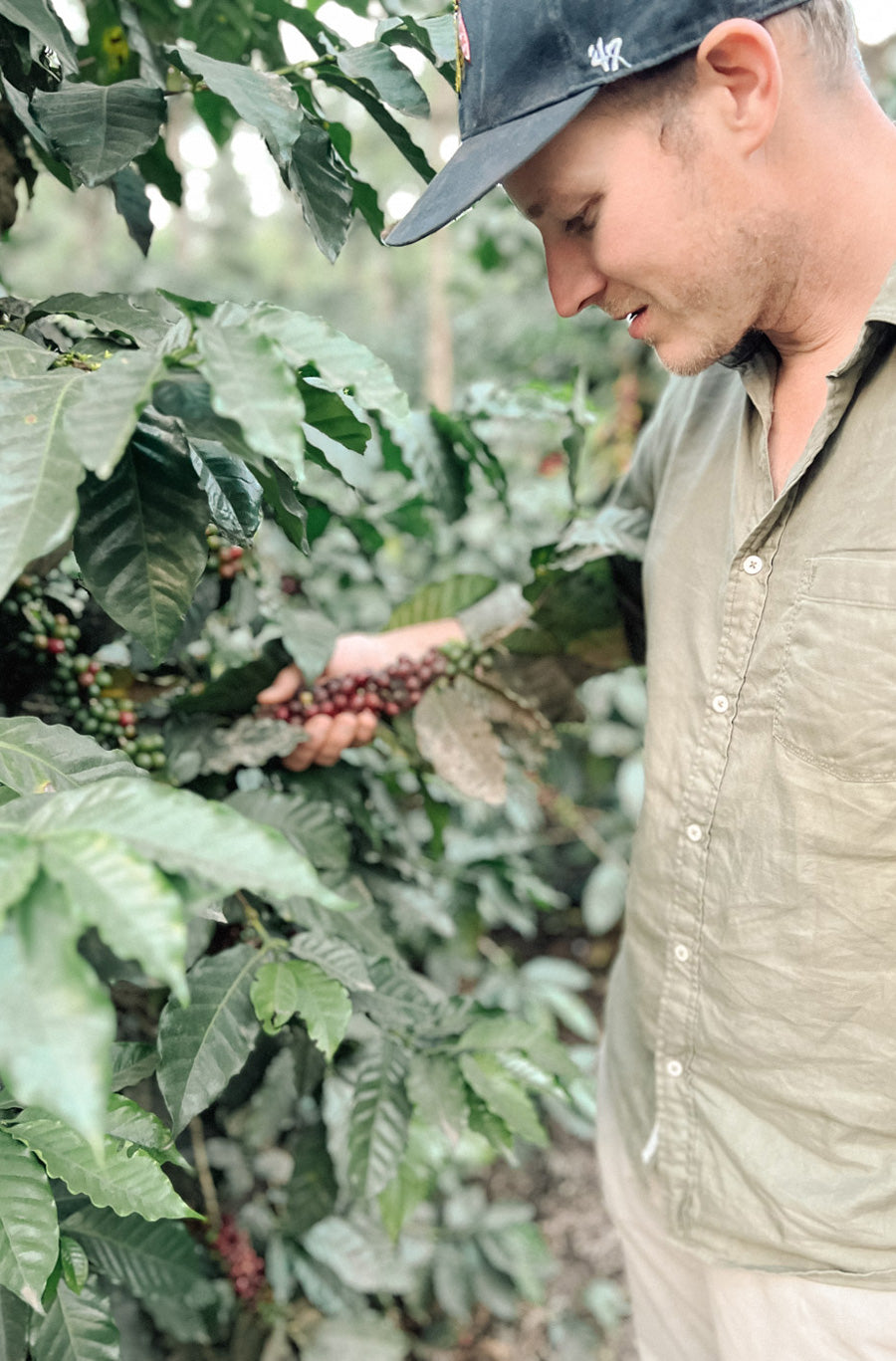
Own trading systems on the rise
Due to the numerous problems related to the coffee trade, more and more organizations and roasters themselves are becoming active. We are also constantly expanding our own trading systems. With the founding of the Coffee School Project, we are breaking new ground. For this purpose, we have bought a finca in the Buenos Aires region of El Salvador, where we support local farmers through targeted training and workshops. Other roasters and interested parties also have the opportunity to take a closer look behind the scenes of coffee on our Coffee School Farm. With the Coffee School Project, we are addressing the problems in the Buenos Aires region. Increased crime, economic instability and leaf rust had almost completely brought coffee cultivation to a standstill in El Salvador. The Coffee School Project supports the remaining farmers and also provides them with stable trading partners - for a glorious future for all farmers in the region.
The problem of cheap coffee has long been the subject of much debate. In order to address this problem, a number of organizations have been formed in recent years to ensure that the payment reaches the farms in the countries of origin. Labels such as Fairtrade, DEMETER and the organic seal are intended not only to ensure fair payment for farmers, but also to improve quality. But this only works in isolated cases. In particular, the high price for certification, which is incurred every year, is a major hurdle for smaller farmers. But the principle is the same everywhere: farmers have to meet certain individual requirements and can sell their coffee at a set price. The disadvantage for consumers: the best beans are often not sold at the set price.
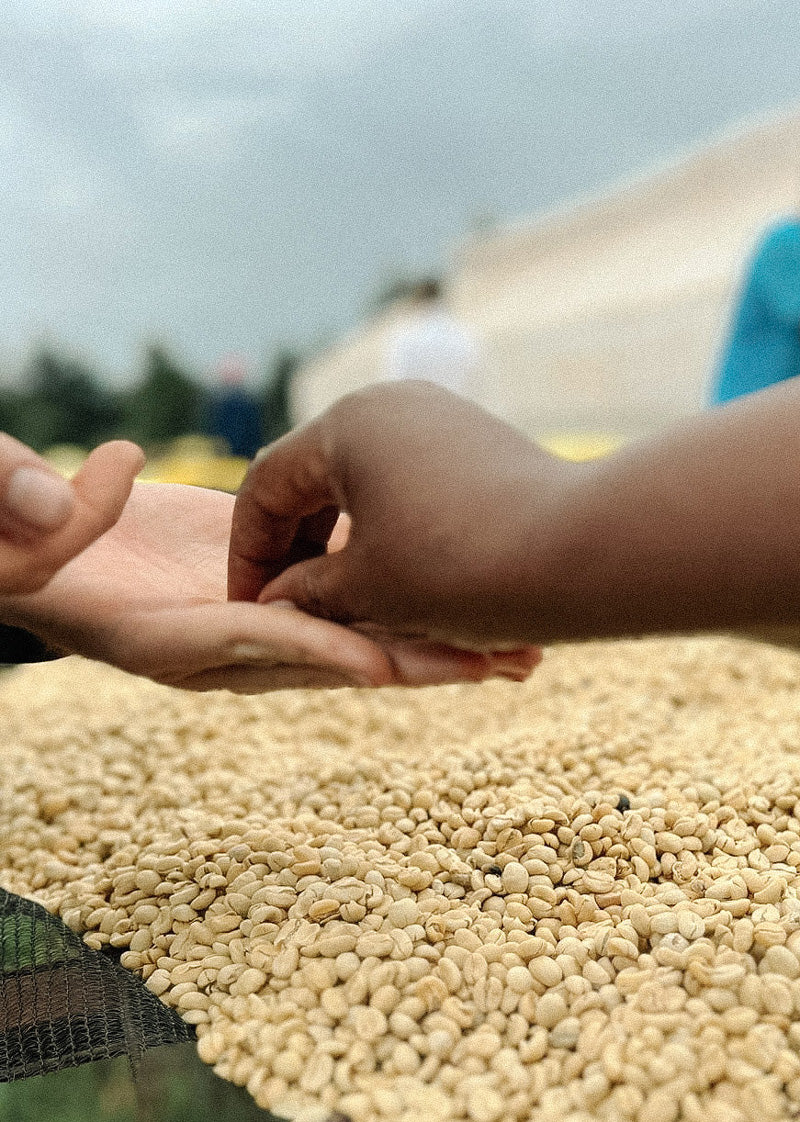
How does trading in project coffees work
Coffee projects such as the Coffee School Project are, so to speak, a further expansion of direct trade. The years of experience, coupled with the knowledge of qualified agricultural economists who also work directly on the fincas, ensure a sustainable impact from which farmers and roasters benefit equally. The farmers in particular receive comprehensive support on new processing methods, the wide plurality of varieties and the export and trade of specialty coffee. Roasters have the opportunity to obtain the finest coffees of the highest quality and to discover the background behind these coffees. Regular trips, with joint tastings and training courses ensure a completely new relationship with the product "specialty coffee". The farmers can thus trade with the farmers even more directly and personally. Roasters, on the other hand, can look forward to an extraordinary variety of flavors.
Discover our Wildkaffee classics
-
Wilde Milde
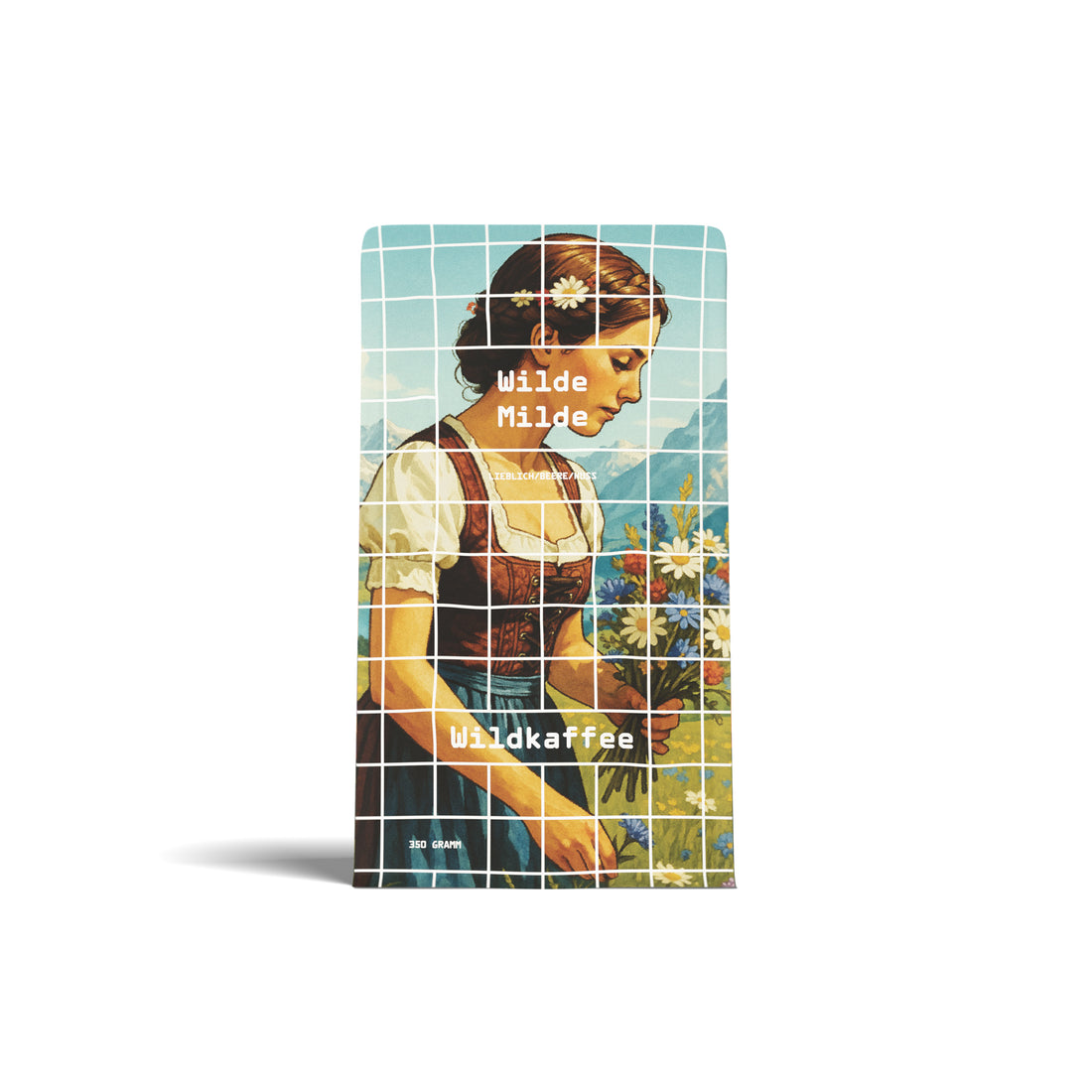 Wilde Milde
Wilde Milde- Regular price
-
€12,10 EUR €33,46 EUR - Regular price
-
- Sale price
-
€12,10 EUR €33,46 EUR - Unit price
-
€34,57 EUR per kg
-
Wildsau Espresso
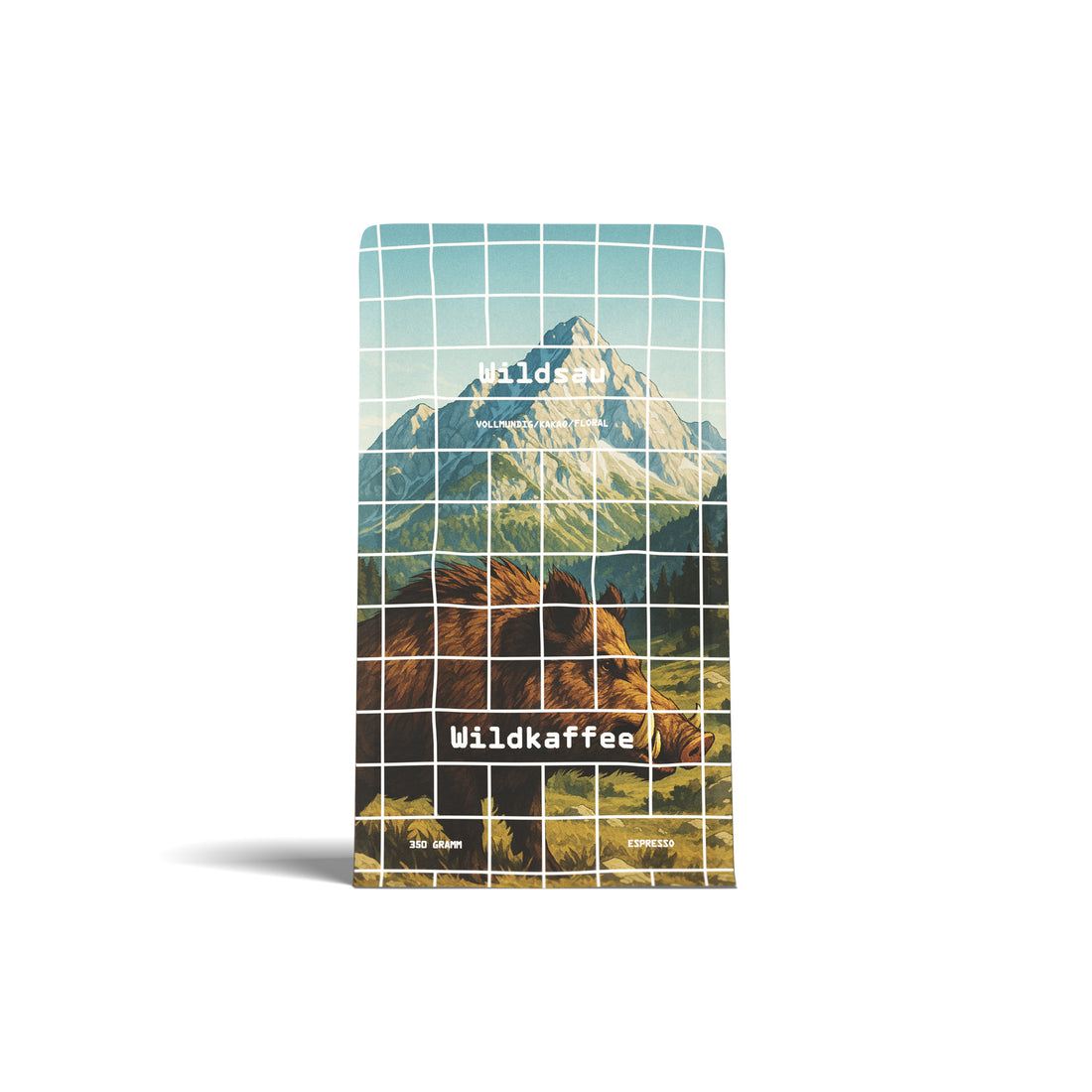 Wildsau Espresso
Wildsau Espresso- Regular price
-
€13,12 EUR €35,49 EUR - Regular price
-
- Sale price
-
€13,12 EUR €35,49 EUR - Unit price
-
€37,49 EUR per kg
-
Hausespresso
 Hausespresso
Hausespresso- Regular price
-
€12,10 EUR €33,46 EUR - Regular price
-
- Sale price
-
€12,10 EUR €33,46 EUR - Unit price
-
€34,57 EUR per kg
-
Wilderer Espresso
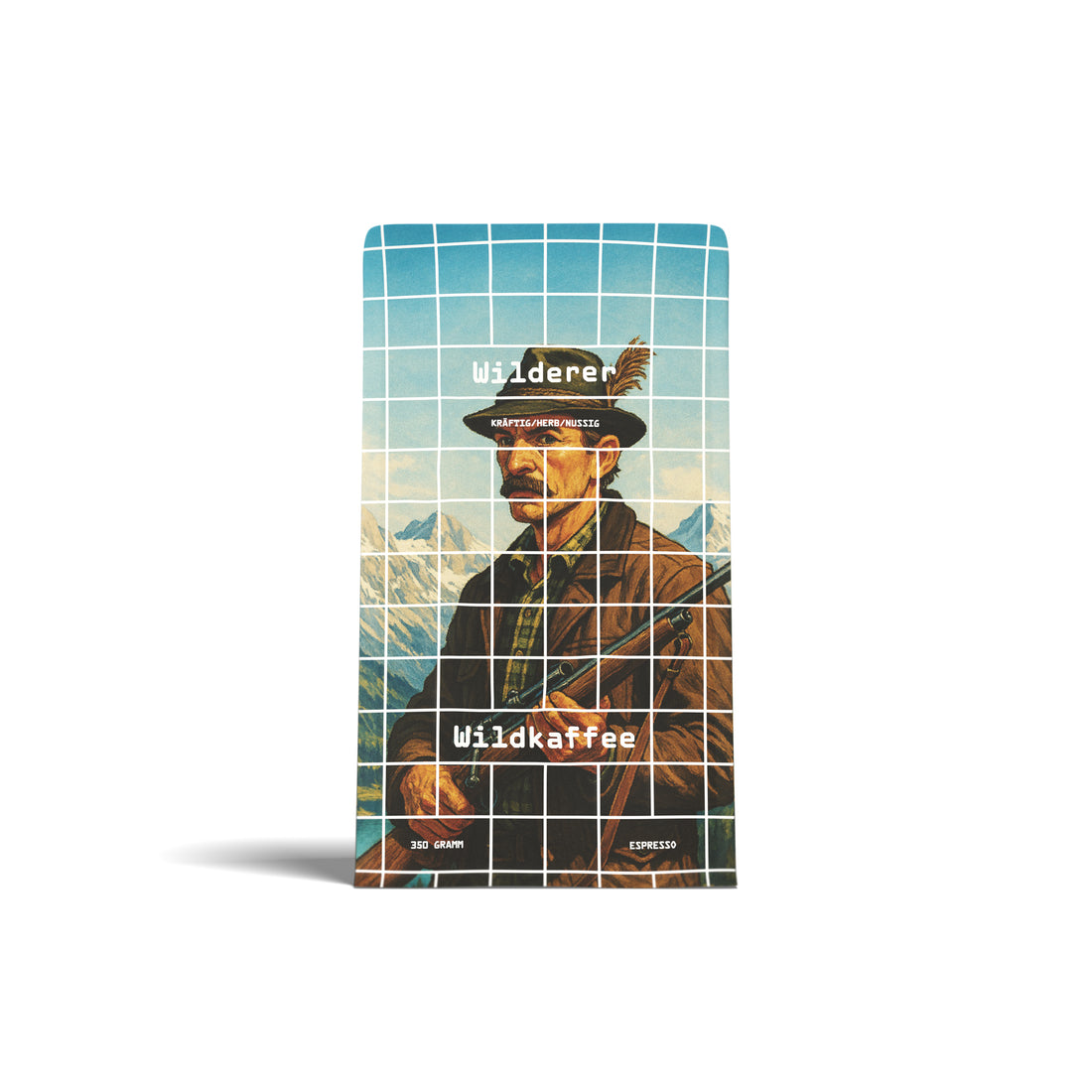 Wilderer Espresso
Wilderer Espresso- Regular price
-
€12,10 EUR €33,46 EUR - Regular price
-
- Sale price
-
€12,10 EUR €33,46 EUR - Unit price
-
€34,57 EUR per kg
